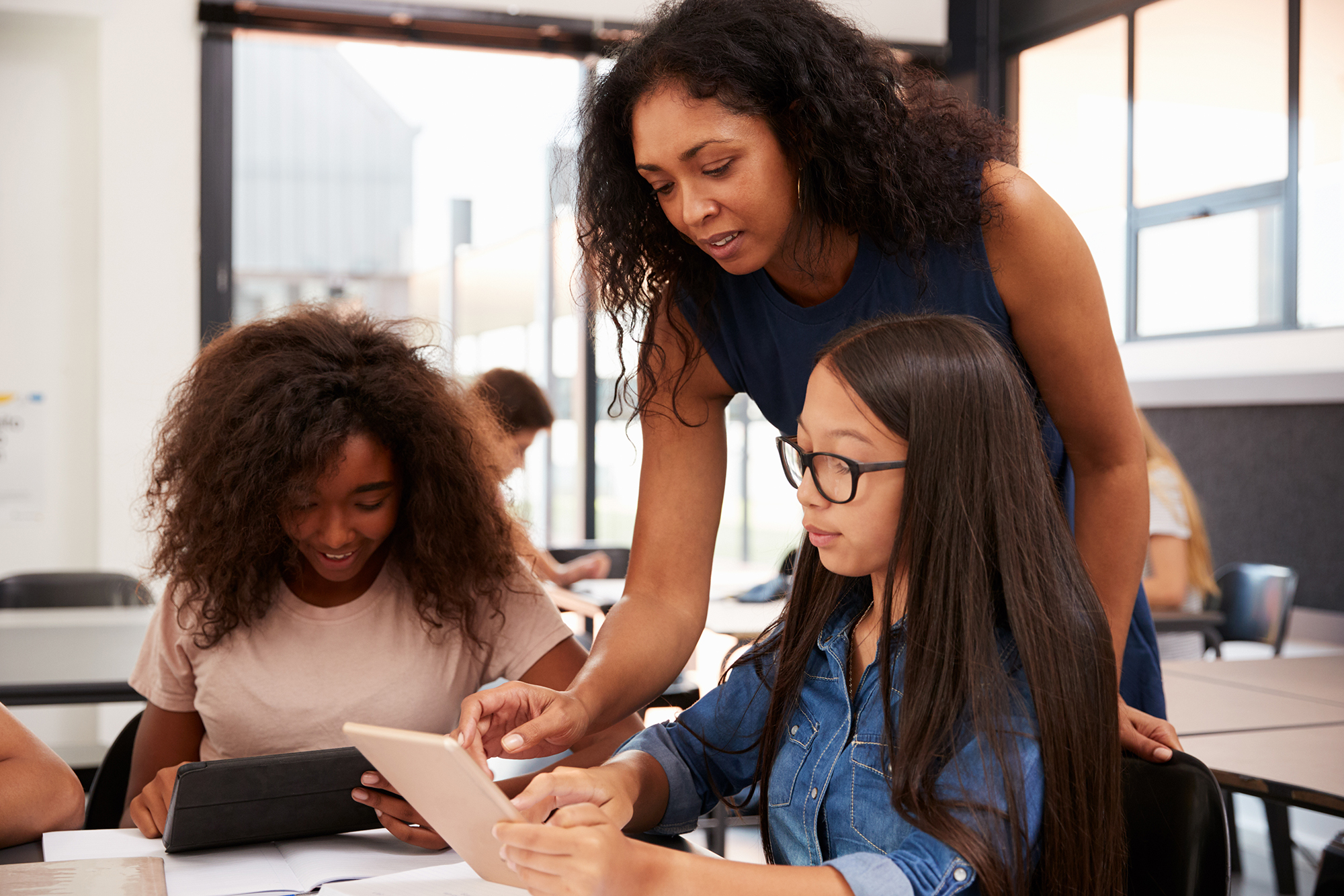By Bud (Jacqueline) Rowe and Peter Andrew Lynch
Rugby School Thailand won the Community Wellbeing Award at the 2022 International School Awards. Read about their initiative and advice here:
The ‘Big Talk Small Talk’ initiative came from the desire to support parents during remote learning. When operating as normal, our Pre-Prep offers well-attended weekly parent workshops that enable teachers to link up school life and learning with home. Parents are the first educators of their children from infancy, but as we know, this responsibility to educate doesn’t end when children start school. At an international school, cultural nuances can translate into behavioural difficulties at school. Our workshops help to give the children more consistency whilst fostering a partnership between the school and parents.
Being faced with continued closure and remote learning, we were concerned about community wellbeing; students vary in their needs, as do family situations and environments. We had daily contact with the children, but how could we remotely access and support our parents? We began with a wellbeing section on our remote learning website and offered individual Zoom sessions for parents. However, parents weren’t stepping forward to ask for support, so we needed a more accessible way to connect with them.
The big idea
Big Talk Small Talk evolved from wanting to maintain supportive links with parents during online schooling, as well as catering for the wellbeing needs of families. We knew from past workshops and feedback that parents wanted to support their children academically and developmentally, so we developed a dedicated parent hub to create more opportunities for connection between parents and teachers.
Big Talk was designed to offer space to share larger matters, such as familial issues, learning challenges and welfare, while Small Talk offered space for parents to connect and chat about smaller everyday experiences. Through these two weekly forums, we provided first-hand support for our Pre-Prep community which included listening to parents, finding solutions together and, ultimately, engendering positive change through a participative process. Crucially, by supporting our parents, we have served the wellbeing of our students too.
Evidence of impact
Much like our parent workshops, Big Talk Small Talk gave parents a more informal, open platform to connect with each other and the school, and an opportunity for staff to provide guidance. Teachers can gain invaluable insight into student circumstances; parents feel listened to, supported and connected; the teacher–parent rapport is nurtured; everyone works together to reflect and take positive steps forward. It has empowered parents with tools that transcend COVID-19 challenges.
By identifying a way to engage parents in regular, open conversations, we have been able to encourage them to share concerns and offer proactive support in return. Parental response to the initiative has been heartening and the sessions have allowed us to listen to the difficulties parents are facing during COVID-19 restrictions and remote learning. It has led to the joint development of solutions and bespoke support for our parents, giving them reassurance, confidence and new tools to instil positive change at home. This positive change feeds into the school experience.
Moving forward
Following the talk forums, teachers and specialists create short videos centred on the concerns that have been raised during the sessions. For example, we looked at how consistent daily routines impact children, their emotional resilience and their ability to focus during school time, and how parents can make simple changes at home that have a big impact. Teachers underpin what parents are doing by reaffirming these ideas during everyday tutor sessions; they talk about bedtime routines or reading storybooks that support the idea of those nurturing moments. Children, if they are of an appropriate age, then reflect on these ideas, responding to simple questions. Allowing them to be part of the process feels empowering to the child, giving them a good sense of self.
Breaking barriers and boundaries
Intercultural understanding is key to why the Big Talk Small Talk initiative works. It is important for families to feel they have a safe space to share issues they are facing with their child. Parenting styles differ in Thailand compared to the UK and all too often, fear of failure or fear to share can result in parents avoiding seeking support or failing to address issues. The Big Talk and Small Talk sessions have worked wonders to reduce those barriers and have given parents (and teachers) the opportunity to open up and feel heard. This impacts teaching as it allows us to learn more about students’ needs and their diverse home environments, allowing us to better meet individual needs. This is an essential thread to learning.
We can see how we need to continue to evolve this valuable online forum when school reopens. Where the workshops offered practical advice in areas such as reading, writing and sensory play, the online talk sessions have created a space to meet the emotional needs of parents and children.
By gaining a better understanding of parents’ needs, we help build a better partnership to support their child fully, both at home and at school. A child who has all-round support will learn and thrive.
The future
Long-term sustainability is key to this initiative; it has proven to be a great way of engaging parents, not only in Pre-Prep but in our whole school community. Allowing a dedicated parent hub through programmes like Big Talk Small Talk ensures a collaborative and coordinated approach to student wellbeing. The online nature removes the parent from the conversation just enough to allow them to open up in a way they perhaps wouldn’t in person. Our informal drop-in sessions have promoted trust and confidence to exchange views, with all stakeholders working together to make positive change.
Building teacher–parent relationships across all levels will take time as parents at each phase of school have different needs and concerns. However, Big Talk Small Talk offers an adaptable prototype for addressing parent needs of children in Prep and Senior.
Beyond our school community
Parent workshops will once again continue when restrictions allow. We film these sessions and often share highlight videos on our social media feeds, so people beyond the school community can benefit from the expertise of our staff members. Our priority is serving our school community wellbeing, but we care about the wellbeing of all children and hope our ideas, initiatives and advice can be shared globally.
Advice for developing a wellbeing initiative
- Think about the context of your school and its demographics so that your initiative is pitched correctly.
- Encourage student voice. Introduce student committees and give them the time and platform to garner thoughts and concerns from their peers and a twice-termly opportunity to take these directly to senior leaders.
- Wellbeing is for everyone, not just our students. Parents, carers, peers and friends’ wellbeing impacts the children in our care. Take this into consideration when developing your wellbeing plans, and if you can, extend your idea to include the wider community.
- Value staff input. Ask them to help identify the biggest barriers faced when considering students’ welfare and wellbeing. Target these barriers and break them down, paving the way for change and improvement.
- Always consider language acquisition. Language brings us together and is a fundamental part of the success of school initiatives.

 Bud (Jacqueline) Rowe is Mental Health and Wellbeing Officer and Deputy Designated Safeguarding Lead, and Peter Andrew Lynch is Wellbeing Lead and Designated Safeguarding Lead at Rugby School Thailand. Connect with Bud on LinkedIn and Peter on LinkedIn.
Bud (Jacqueline) Rowe is Mental Health and Wellbeing Officer and Deputy Designated Safeguarding Lead, and Peter Andrew Lynch is Wellbeing Lead and Designated Safeguarding Lead at Rugby School Thailand. Connect with Bud on LinkedIn and Peter on LinkedIn.

